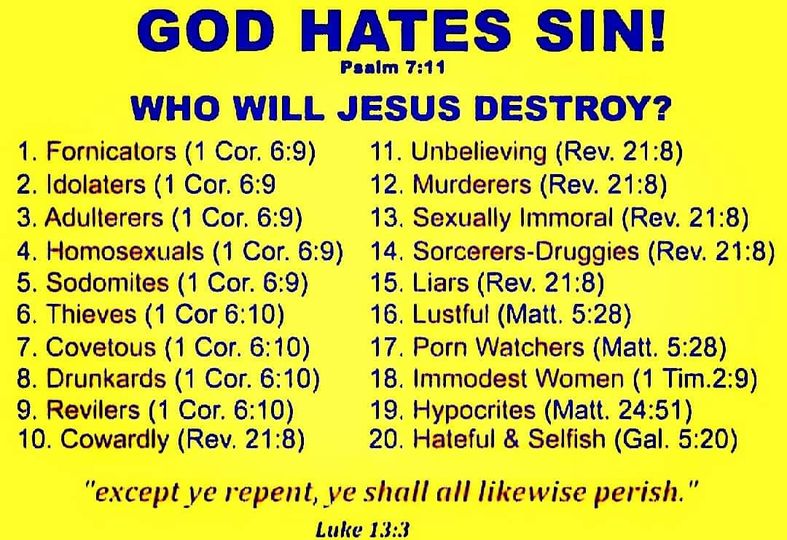Key Scripture:"For those who are led by the Spirit of God are the children of God." – Romans 8:14

Introduction
The concept of theocracy reflects a life fully governed by God’s Spirit. Unlike human-centered systems of governance, a theocracy places God at the helm of leadership, ensuring His divine laws and purposes are upheld. This lesson explores the biblical foundations, practical applications, and implications of living under God’s theocratic rule.
1. The Concept of Theocracy
Under a theocracy, God establishes His divine laws and governs His people through spiritual leaders and prophets. This system ensures alignment with His will in both spiritual and daily life.
Supportive Scriptures:
- Romans 8:14-24 – Those led by God’s Spirit are His children.
- Exodus 24:3 – God’s covenant with His people through His commandments.
2. God’s Presence in Theocratic Governance
In a theocracy, God actively engages with His people through the Holy Spirit, guiding, judging, and blessing them as necessary.
Supportive Scriptures:
- John 16:13 – The Spirit of truth guides us into all truth.
- Acts 5:1-11 – God’s judgment is evident in a theocratic setting.
3. Leadership Under God’s Rule
God appoints leaders and equips them with spiritual gifts to guide His people. These leaders are servants and representatives of God, executing His will.
Supportive Scriptures:
- Acts 14:23 – Elders appointed in every church.
- Ephesians 4:11-13 – Spiritual gifts for building the body of Christ.

4. Living as a Community of Believers
Theocratic living involves believers dwelling together in smaller communities (tribes or ecclesias), fostering unity and shared purpose.
Supportive Scriptures:
- Acts 2:42-47 – Early Christians shared everything in common.
- Romans 16:5 – Churches meeting in homes.
5. Practical Theocratic Living
- Unity in Spirit: Members strive to be of one mind and serve one another in love. (Acts 4:32; 1 Corinthians 12:12-27)
- Sharing Resources: Possessions are regarded as God’s property and shared freely among those in need. (Acts 4:32-35; 1 Corinthians 4:2)
- Economic Independence: Believers work together to meet their needs, reflecting stewardship of God’s blessings. (Acts 18:3; Matthew 25:14-30)
- Simplicity and Holiness: Living modestly, avoiding worldly excess, and focusing on spiritual growth. (Romans 8:8; Philippians 4:5)
6. Spiritual Warfare and Holiness
Believers are called to overcome sin through God’s power, striving for holiness and providing a living testimony of Christ to the world.
Supportive Scriptures:
- Romans 6:11-16 – Freed from sin, living for God.
- Hebrews 12:14 – Without holiness, no one will see the Lord.
7. Accountability in the Community
Persistent sin requires corrective measures, including exclusion from the community to safeguard its spiritual health, with restoration upon true repentance.
Supportive Scriptures:
- Matthew 18:15-17 – Discipline within the church.
- Titus 3:10-11 – Avoid divisive individuals after warning them.
8. Commitment to the Great Commission
Believers fulfill Christ’s Great Commission by spreading the Gospel to all nations, regardless of barriers.
Supportive Scriptures:
- Matthew 28:19-20 – Making disciples of all nations.
- Mark 16:15 – Preach the Gospel to every creature.
Summary
Living under a theocracy involves complete submission to God’s authority, fostering a community united in purpose, holiness, and love. Through shared resources, spiritual accountability, and unwavering dedication to the Great Commission, believers experience the fullness of God’s blessings and presence.

Conclusion
God’s theocracy is not an archaic concept but a living reality for those who choose to follow His Spirit. As His people, we are called to align our lives with His will, creating communities that reflect His love, holiness, and provision. Let us strive to embody the principles of His divine government, living as His faithful ambassadors in the world.
“But seek first His kingdom and His righteousness, and all these things will be given to you as well.” – Matthew 6:33













